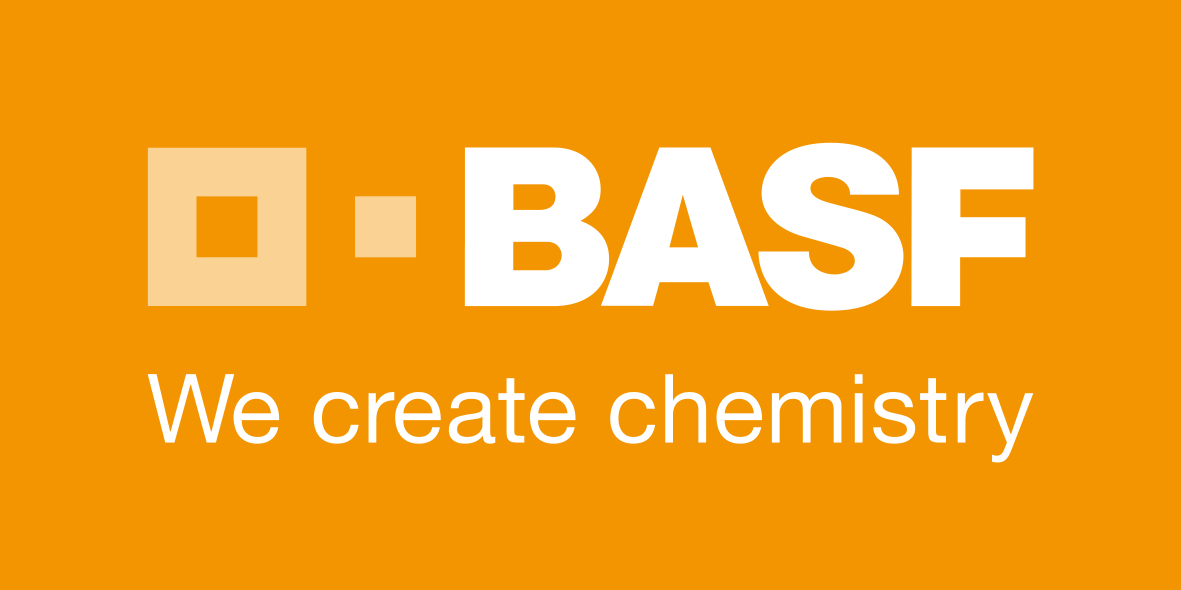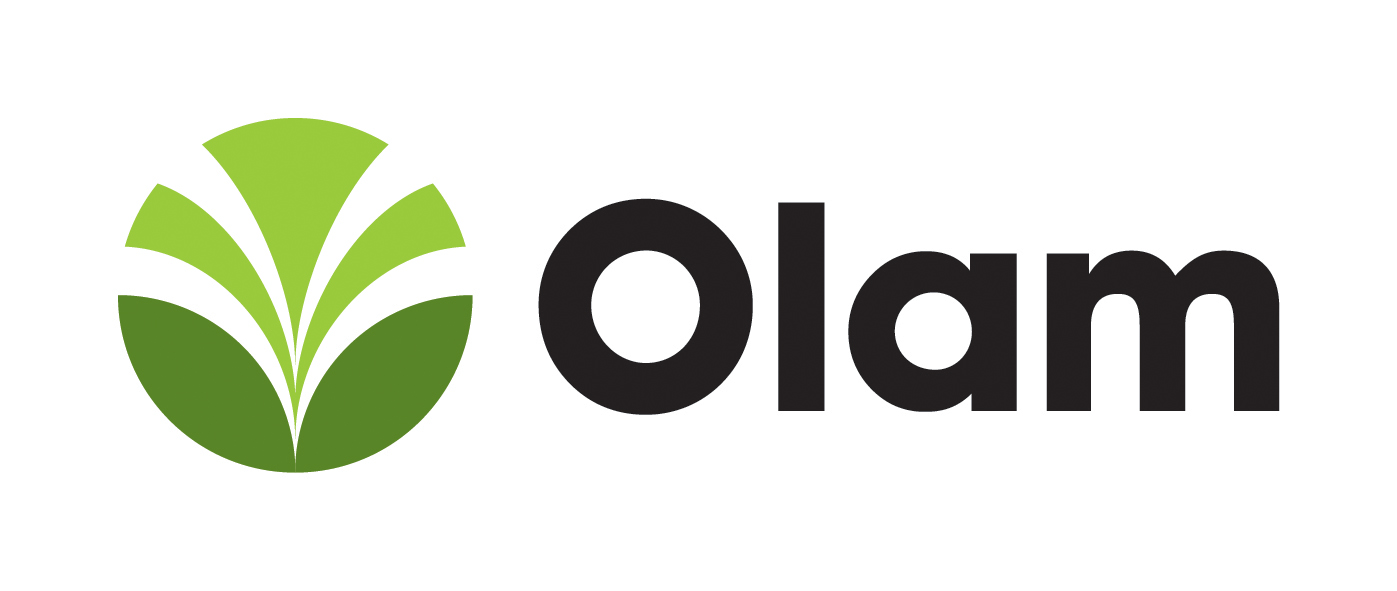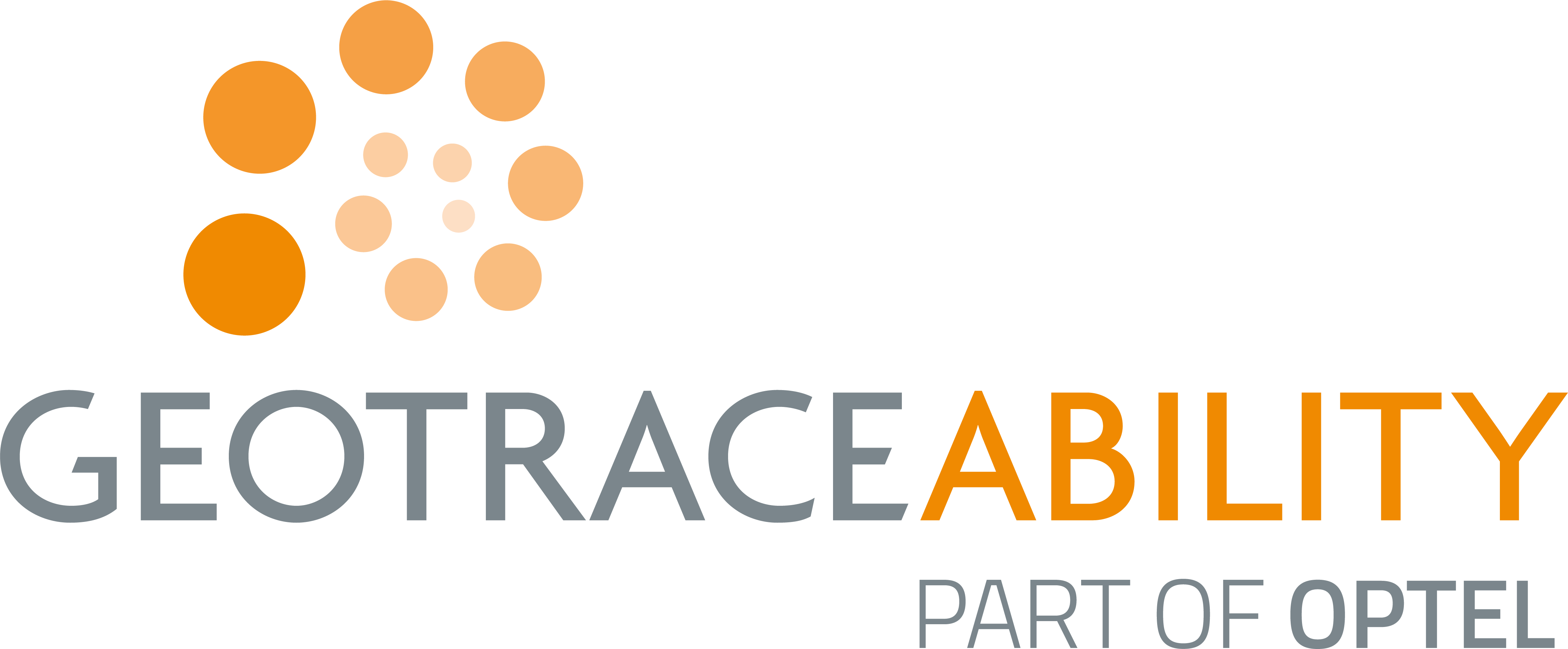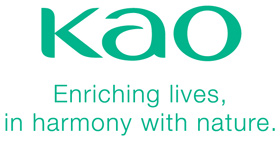Petra Meekers, Musim Mas
Ahead of this year’s European Roundtable conference we will be interviewing speakers and delegates on key issues in the palm oil sector and how we can make change possible to deliver on commitments to 100% CSPO take up in Europe by 2020.
Petra Meekers is the Director of CSR and Sustainable Development at Musim Mas, with a background in biochemistry and international experience in quality management consultancy including environmental and social impact assessments. Dr. Meekers has over 20 years of experience in the implementation of environmental systems and social frameworks for a diverse range of companies in Asia. Building bridges between clients and stakeholders, especially in relation to key environmental challenges across different cultural contexts. Providing tools to solve problems and create opportunities in relation to global supply chains having an understanding on the ground implications.
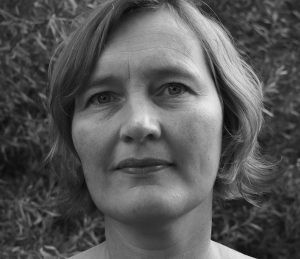
- What role does Musim Mas play in the movement towards sustainable Palm oil?
Musim Mas play quite an important role in bringing awareness of sustainable palm oil to the marketplace and our trading networks – we are linked to more than 600-700 suppliers, some of whom are RSPO members but some are not.
It is part of our policy to engage suppliers on discussions around increasing uptake of RSPO materials. If we have customers who aren’t yet buying sustainable palm oil then we work to raise awareness and ensure we are having that dialogue.
- There is growing pressure to adhere to environmental and labor standards in the commodities sector, what recent innovations has Musim Mas made to address these issues which others in the industry might follow?
We were one of the first members in Indonesia to become RSPO certified and have always strived to play a leading role. We have recently undertaken a specific labor audit to identify critical issues we need to progress beyond RSPO standards. One area we are looking into is the overall well-being of our workforce. We will be looking at International Labor Standards (ILO) regulations and having discussions on how we integrate women into the workforce in a better way, how we better support contract workers, and how can we provide a decent living wage.
At Musim Mas we know we are not perfect – of course we have areas for improvement. However, in terms of transparency we try to show where we have improved, the positive stories, and how the industry can look at labor in a different way. For example, we have a very low percent of contract workers in our workforce. Once complete, we will be sharing our report with the public through the Palm Oil Innovation Group (POIG). The report aims to highlight positive stories but it should also be used as opportunity to reflect and discuss how we can improve as a sector.
From an environmental perspective, we are consistently having discussion with stakeholders on how we can improve our conservation areas and extend our commitments. We have been heavily involved in the High Carbon Stock study group and are committed to protecting and enhancing High Conservation Value forests, for example we do not develop primary forests or any areas that contain one or more HCVs.
- What key challenges must still be overcome to make palm oil more sustainable, both environmentally and socially?
There are several challenges that must be overcome to make palm oil more sustainable. One is interlinking the whole supply chain. By interlinking the whole supply chain, through discussions on the smallholder side, we will be able to bring more growers onboard and ensure we have similar progressions towards the same objectives. This will involve linking with local Governments and having dialogue around landscape level certification options such as the jurisdictional approach.
From an environmental perspective one of the key challenges is how to plan within the landscape taking into consideration conservation, high carbon stock and peat areas. We need to ensure a balanced approach at landscape level as we can’t keep looking at plantations in an isolated setting.
- Consumers are also part of the supply chain, what role can they play in helping to reduce deforestation?
Consumers usually first hear of the palm sector through campaigns, where there is not always a clear definition on the way in which they can play a role. Consumers are part of the sustainable supply chain too – their significant position needs to be better communicated as they do not always have all the information to fully play their role. Buying sustainable palm oil is a good start at helping to reduce the impacts but there much more to do.
We also need to think about how brands and consumers are brought into a similar dialogue. Supporting brands who use sustainable palm oil is an important step, but consumers could be made more aware of programmes, such as those run by Oxfam which work to ensure fair labor and protection of children’s rights in the communities where palm oil grown.
- What would you like to see as one of the outcomes of this year’s EURT?
I hope that this year we can reach out to different stakeholders so that we are able to find more parties interested and brought into the dialogue. The European Roundtable provides opportunity to hear more about what individual players are doing, the challenges faced and to ask direct questions.
In Europe, much of the communications around palm oil is very negative, but the European Roundtable provides opportunity to gain a better understanding of what is happening in the palm space when it comes to sustainability.
Join debate and follow the conference live with @rspotweets or by using the hashtag #EURT2017.




